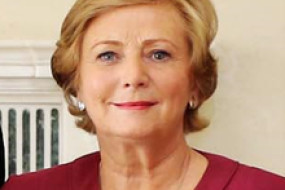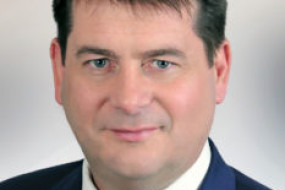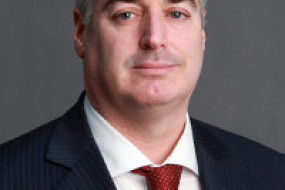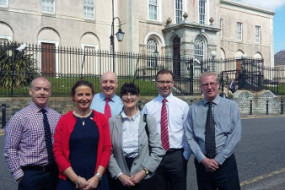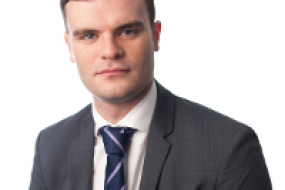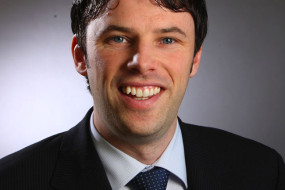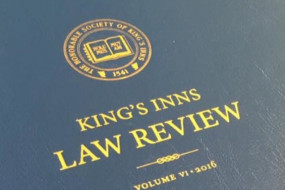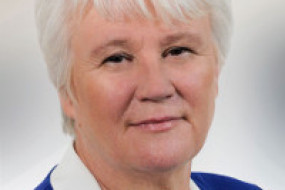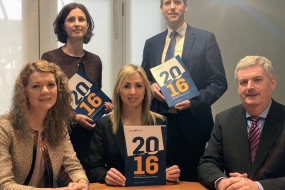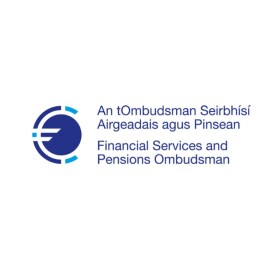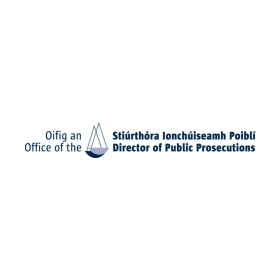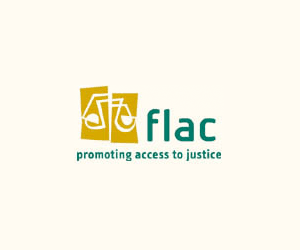Justice Minister Frances Fitzgerald A review of Ireland's probate system is underway in a bid to eliminate a backlog and to reduce waiting times for grant of probate applications.
Search: personal injuries
Dara Murphy The General Scheme of a bill to enforce the EU General Data Protection Regulation (GDPR) and Data Protection Directive has been published.
A solicitor who successfully brought a case against TV3 for “unintentionally” defaming him in the course of a 9-second broadcast in 2013, has had his award of damages reduced from €140,000 to €36,000 by the Court of Appeal. Delivering the judgment of the three-judge Court, Mr Justice Gerard
Paul McGarry SC, chair of the Bar Council of Ireland There are opportunities and challenges for the Irish legal profession in the wake of Brexit, Paul McGarry SC, chair of the Bar Council of Ireland, told a Seanad committee yesterday.
Pictured (l-r): Aidan Donnelly, Millicent Tate, Alan Reid, Eileen McLarnon, John O’Prey and Ronald Lowry County Down firm Murlands Solicitors have announced the appointment of Millicent Tate and John O’Prey as partners, in recognition of their dedication to the success of the business.
Andrew Kirke Andrew Kirke, associate director at Tughans, explores how likely it is that robots will replace lawyers in the not-too-distant future.
A writer has lost a High Court action alleging negligence and other unlawful conduct against a solicitor he instructed in protracted proceedings against Roddy Doyle and the Abbey Theatre. Finding that there was no causal link between the professional losses suffered by the writer and the actions of
Michael Byrne Matheson's Michael Byrne, Anne-Marie Bohan and Aoife Kelly-Desmond outline the details of the GDPR regime ahead of its introduction next year.
The King’s Inns Law Review (KILR) is currently accepting submissions of articles, case notes or commentaries for its seventh volume. A prize will be awarded for the best article published in Volume VII, which invites submissions until 1 June 2017 on topics that "in some way critically analyse wher
Catherine Byrne The new National Drugs Strategy could outline a proposal to decriminalise the possession of small amounts of illegal drugs for personal use.
Newspapers that challenged orders for costs made following trial have had their appeals unanimously dismissed by justices in the Supreme Court. Lord Neuberger gave the lead judgment, with which Lord Mance, Lord Sumption, Lord Hughes and Lord Hodge agreed.
A company that was ordered to pay a fine of €125,000 for failing to ensure the safety of employees after an accident resulted in the death of a 28-year-old man has been ordered to pay a fine of €1 million after the Director of Public Prosecutions appealed the original sentence. Delivering the ju
An increased volume of complaints were handled by the Data Protection Commissioner (DPC), Helen Dixon, last year, according to her third annual report since taking office.
Karen Kearney Karen Kearney, partner and medical negligence solicitor at Cantillons Solicitors in Cork, writes on public discourse around so-called "compensation culture".
A 24 year old man who was sentenced to two years and six months' imprisonment for pouring boiling water over his pregnant girlfriend, causing her to spend ten days in hospital needing skin graft surgery, has had his custodial sentence increased to four years on appeal. Delivering the judgment of the



